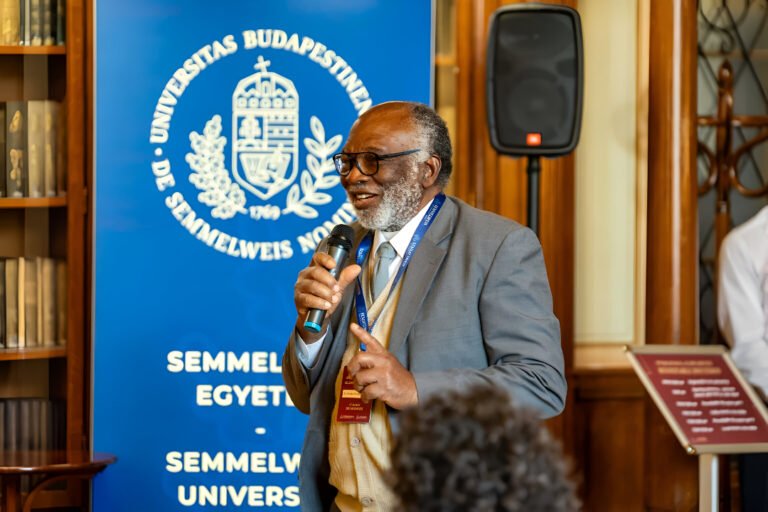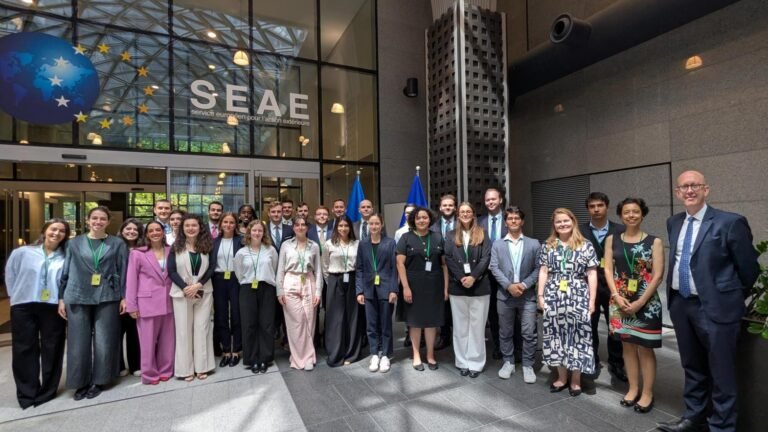
Scientists at Åbo Akademi University have launched a new research project to investigate how global warming is affecting microalgae across Europe. By reviving algae cells preserved in seabed sediments for up to 200 years, researchers aim to uncover how these microscopic organisms have historically adapted to rising temperatures and what this could mean for the future of marine ecosystems.
The project, funded by the Academy of Finland with a grant of €527,178, builds on earlier work by the same research team, which revealed that microalgae in the Archipelago Sea have been adapting to warming since the 1960s. This pan-European study will compare microalgae from the Baltic Sea, Atlantic coast, and Mediterranean Sea to understand their evolutionary responses to historical climate shifts.
“Microalgae form the foundation of marine food webs. Understanding their capacity to adapt is crucial for predicting how ocean ecosystems will respond to ongoing climate change,” said Conny Sjöqvist, principal investigator of the study.
The researchers will isolate dormant algae cells preserved in dated sediment layers, reawaken them under laboratory conditions, and analyze their responses to temperature changes. The project also plans to create the world’s first microalgae bank of paleoecological origin, providing a global resource for studying evolutionary biology and climate adaptation.
“This innovative approach will allow us to collaborate internationally and build a unique repository of algae cell lines from across Europe and different historical periods,” Sjöqvist explained.
The study is part of the university’s long-standing collaboration with European research groups to collect sediment samples and advance knowledge on marine biodiversity and climate resilience.
Source: Åbo Akademi University






